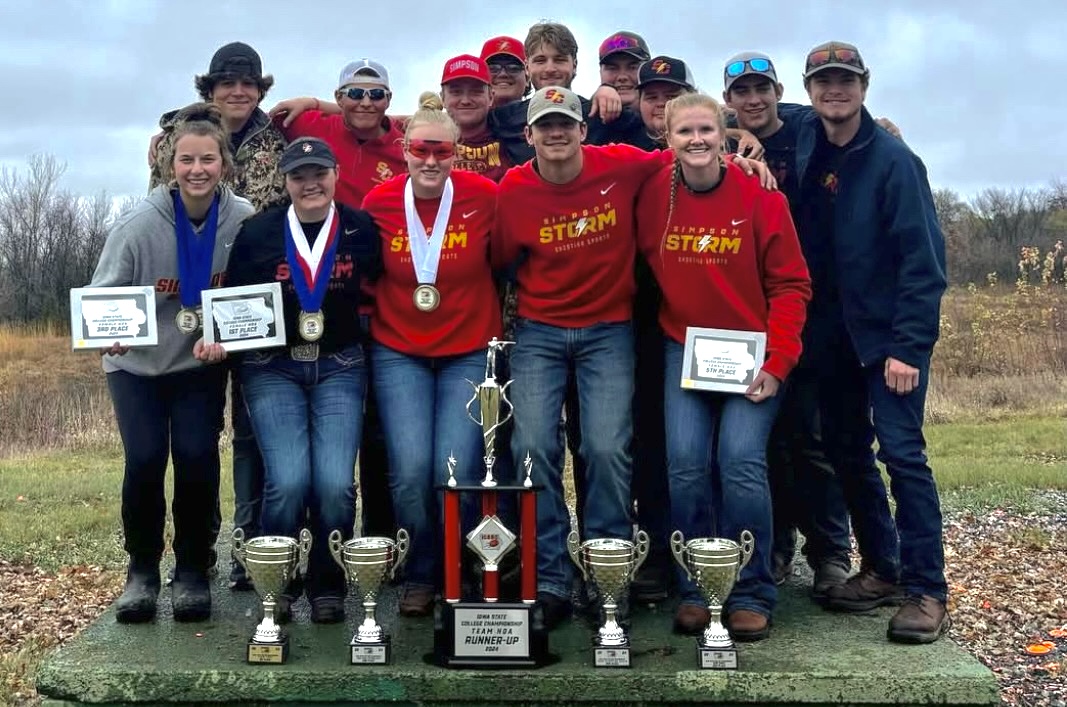IIAC addresses issue of performance drugs
April 3, 2003
The IIAC Student Athlete Advisory Committee will hold a conference on the effects of performance-enhancing drug use on April 6 from 2-4 p.m. at Coe College.
Through a SAAC grant, the Iowa Intercollegiate Athletic Conference is able to bring Frank Uryasz to speak to IIAC student-athletes. Uryasz is a former NCAA staff member and current director of the National Center for Drug Free Sport in Kansas City, Mo.
The National Center for Drug Free Sport oversees the entire NCAA drug testing program and policies.
“Mr. Uryasz is considered an expert on performance enhancing drug use,” said IIAC Commissioner, John Cochrane.
The SAAC grant is one of several grants made available by the NCAA membership to Division III conferences through what is known as the Initiative Grant Program. Conferences may request a maximum of $2,000 annually from the fund to be used for continuing education programs and for defraying travel or meeting costs for Conference SAAC curriculums.
“The IIAC is very committed to the SAAC program and we believe that these committees, on both the campus and conference level, serve as a valuable forum for student-athlete education, discussion and input related to Conference policies and procedures,” said Cochrane.
The topic of performance enhancing drugs was chosen from direct feedback received from student-athletes on SAAC.
“This is a topic that our student-athletes have identified as being of most interest in learning more about,” said Cochrane.
The purpose of the having SAAC groups on campus is to serve as a liaison between the Simpson athletic department and the IIAC. This hleps educational programs, such as the upcoming one, to be more worthwhile to students.
Two athletes with junior or senior academic status from each sport serve as committee members. The group shares ideas and suggestions in order to develop athletic department policies, as well as the IIAC and NCAA rules and also to communicate these policies and rules to its respective teams.
“We hope to send mostly underclassmen to the conference,” said senior SAAC member, Miriah Johnson. “They will be able to learn a lot and carry it with them throughout their athletic career at Simpson.”
Not all performance-enhancing drugs are bad. Some drugs can actually enhance an athlete’s performance without harmful side effects.
Uryasz will go through which drugs are the bad ones and which ones are the good ones. Not all the ingredients are always listed on the drug container either. This will help athletes choose which drugs to use if they do choose to use them.
“This conference will also educate student-athletes on which companies are reputable to buy performance-enhancing drugs from,” said senior SAAC member, Bill Davis.
Athletic trainers are also being encouraged to go to the conference.
“Athletes who do use performance-enhancing drugs are encouraged to talk to their trainers if they have questions about the drug they use. Trainers will be able to tell athletes if the NCAA permits the drug,” said Davis.
Cochrane does not know the extent to which performance enhancing drugs are used by IIAC student-athletes. It is, however, a major topic of discussion and concern nationwide at all levels of sport.
“We’d be naïve to think that IIAC student-athletes are immune from this national trend, which indicates a dramatic increase in their use,” said Cochrane. “I believe that the potential adverse health affects on our young women and men are really enough to warrant a thorough review and dissemination of information so that wise and informed decisions can be made.”
Are performance-enhancing drugs a problem at Simpson? Log onto our Web site at www.thesimpsonian.com and tell us what you think.





